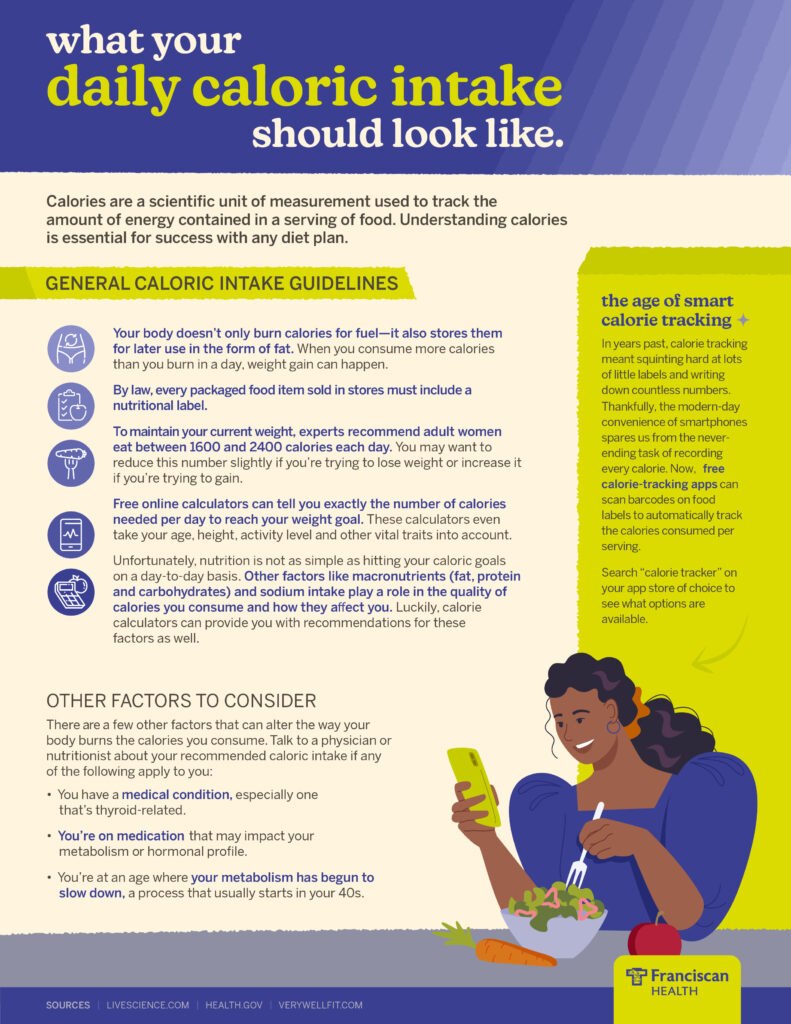A good rest and recovery period depends on your age and level of physical activity. Some people might require more recovery work than others, and that’s okay. If you over train and don’t take the time to actively relax your muscles, your body will struggle with performance and fatigue as you continue to push yourself.
Here are some ways you can amplify your muscle rest and recovery:
Eating Habits
Consuming protein before and after working out can increase muscle protein synthesis and repair muscle damage from already impaired muscles. Eating carbohydrates post-workout to restore your glycogen levels helps your muscles as they rely on it for energy. By doing these two things, and eating an overall well-balanced diet, you’ll be able to improve your recovery rate step-by-step.
Stay Hydrated
Drinking water is a must when it comes to muscle repair. Dehydration damages your muscles’ ability to repair themselves. Aim to drink 16 to 24 ounces for every pound you lose while exercising. Moreover, drinking a beverage like tart cherry juice after exercising may reduce inflammation, muscle damage and soreness after you exercise.
Supplements
Taking supplements like creatine or protein is highly beneficial in improving muscle recovery. Creatine improves your muscular strength when it’s combined with resistance training, helping you recover by reducing potential inflammation. Protein is a quick fix to add more protein to your diet throughout the day. Depending on the type of protein you can feed your muscles a flood of it or a slow releasing protein to fuel you throughout the day or night.
Sleep Matters
Sleep is essential for muscle recovery. It allows your muscles to recover in between workouts and also gives you the energy for exercise. When asleep, your body releases hormones that are needed for recovery. Typically, adults need seven or more hours of sleep per night in order to feel well rested. If you sleep less than seven hours a night, be intentional with your sleep schedule and make room in your day to get to bed early.
Lifestyle
Bring together all of these tips into a cohesive routine that can help improve your overall lifestyle. By sleeping more, getting deep tissue massages, contrast water therapy and cryotherapy, you can eliminate a lot of muscle soreness and swelling. Taking care of yourself is a number one priority when it comes to purposeful rest and recovery.
Sources: Sleep Foundation
Not a member?
Join for FREE!
Enjoy encouraging, motivating, uplifting content created just for women like you, all from the health care name you trust: Franciscan Health.















